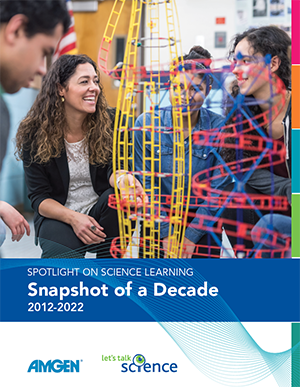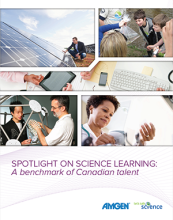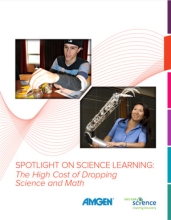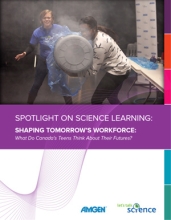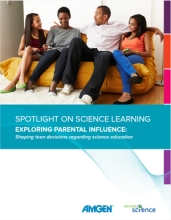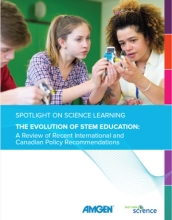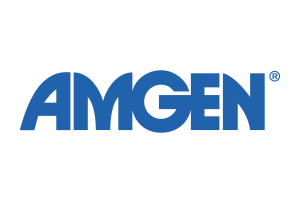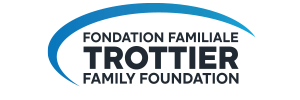The evolution towards a sustainable economy – one that addresses the impact of climate change and the global pandemic – is reshaping expectations for work and citizenship. The rapid rise of misinformation further highlights the importance of scientific literacy, trust in science and STEM skills for all youth across Canada.
Ten years after Let’s Talk Science and Amgen Canada produced the first Spotlight on Science Learning Report about STEM education across Canada, the environment has changed considerably. This new report examines what has changed, what hasn’t, and what needs to change for youth STEM learning across Canada.
What has changed?
- The term STEM is now known and commonly used
- 95% of adults recognize the value of youth STEM education
- STEM outreach programming is everywhere - outreach organizations like Let's Talk Science, science centres, museums, etc.
- Government support for STEM engagement has increased
- New post-secondary programs are now offered
- Critical shortages are expected in many STEM occupations
What hasn't changed?
- While enrolment in STEM at post-secondary has increased, the increase is primarily from international students
- Canada remains in the top tier on global science and math tests, however, results over the years are declining
- Enrolment rates in high school senior-level pure science courses have remained stagnant over the years
- Grade 12 math has the highest national completion rate at 47%. Trailing behind are chemistry – 25%; biology – 22%; physics – 15%; and computer science – 3%
What needs to change?
- PISA expert panel recognized the need to change the international science test for Grade 10 students, which is a bellwether for curriculum
- Increase career awareness (start early and focus on the range of career opportunities)
- Remove systemic barriers
- Incorporate Indigenous ways of knowing
- Offer multi-disciplinary courses with a focus on real-world issues
- Changes to post-secondary entrance requirements would catalyze change in secondary school offerings
“Strong interest and abilities in STEM are critical. We require them to fill and create rewarding jobs across all sectors. We also need those probing and problem-solving STEM traits to grow a thriving 21st- century economy, foster innovative processes and discoveries, and keep Canada competitive.”
- Spotlight on Science Learning: A Benchmark of Canadian Talent, 2012
Read Past Reports
If you require any documents from the list above in an accessible format prior to September 2019, please email hr@letstalkscience.ca.

